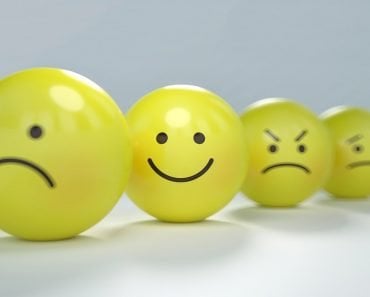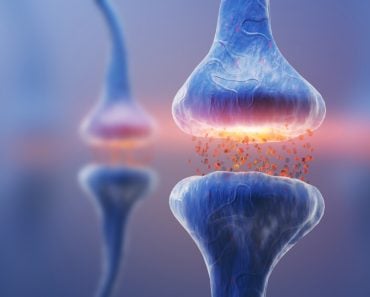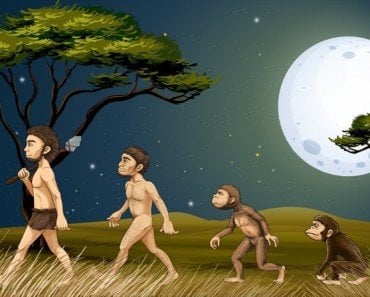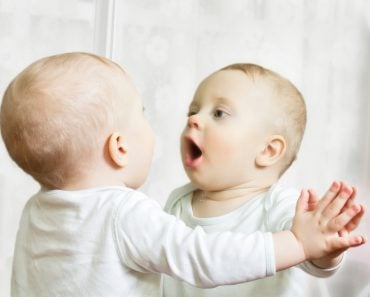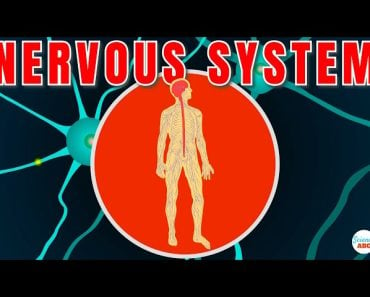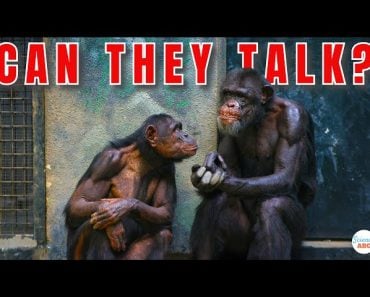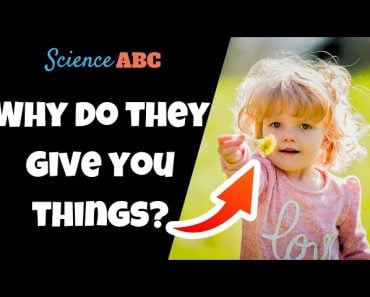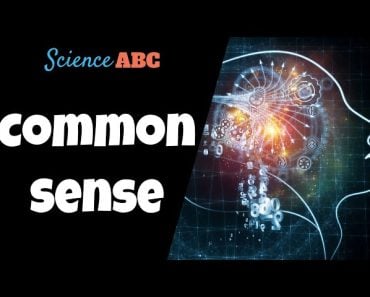Table of Contents (click to expand)
Conscience is the feeling you get when you evaluate if you’ve done something “correct” or “wrong”. Some researchers have suggested that morality or conscience develops when a child internalizes (makes personal) the rules that their parents set when the child was growing up. Others assert that children are born with empathy and a sense of fairness.
When we think about what makes humans different from other animals, the word “conscience” often emerges. This article will address the question of what conscience is, whether we are born with it or if it is a result of socialization, and how it shapes our lives by guiding the decisions that we make.
Conscience is the feeling you get when you evaluate if you’ve done something “correct” or “wrong”. It is with the help of our conscience, developed at an individual (personal) level, that we understand the moral principles we hold. This motivates us to act on them and therefore helps us assess our character and behavior. Ultimately, it helps us judge ourselves against those principles, in terms of how well we follow them.
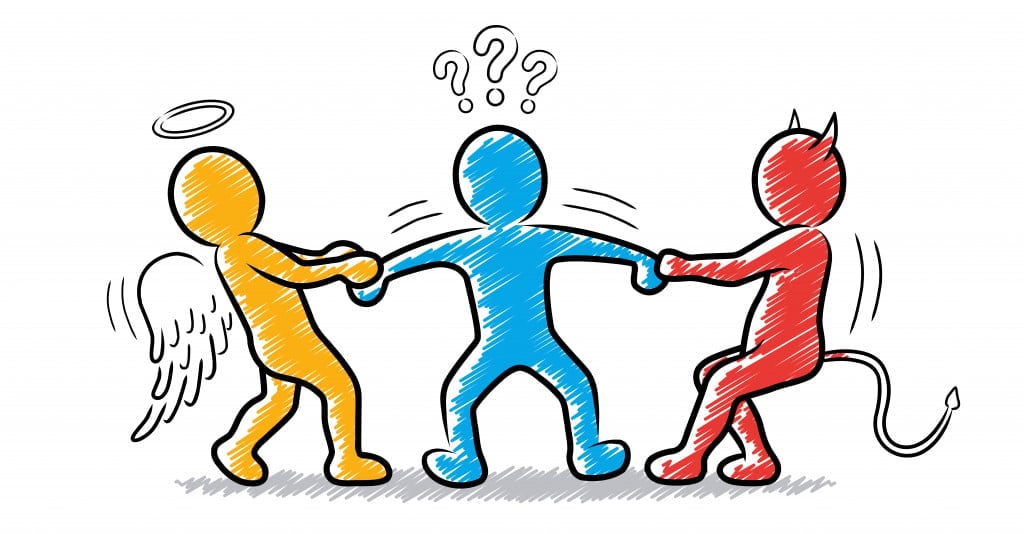
Recommended Video for you:
How Is Conscience Different From Consciousness?
Think of your conscience as the part of your personality that functions to help you distinguish right from wrong. Accordingly, you resist certain urges and desires (i.e., eating in class) and follow the behavior that is considered correct or “right” (paying attention to what the teacher is teaching).
This makes conscience your moral inner voice. The sole purpose of its existence is to help you engage in prosocial behavior, which consists of behaviors that help you help others.
Consciousness, on the other hand, reflects how aware you are of your surroundings. A good way to understand this is to think of the human mind as an iceberg, as proposed by Freud’s psychoanalytic theory.
The part of the iceberg on the surface and visible represents your conscious awareness. This part of the mind refers to all the things you are aware of and can easily describe. For instance, right now, while reading this article, your conscious mind is helping you make connections, while also keeping you on track with what you are seeing and reading.
The second layer is your subconscious mind. These are things that are not readily available in your awareness right now, but can be brought into your consciousness with relatively little effort. For instance, if someone asks you what you had for dinner last night, you can easily bring that information into your conscious awareness and answer the question.
The deepest level of the iceberg is your unconscious mind. These are aspects of your being of which you are unaware; they are hidden from your conscious mind. These include your fears, violent motives, urges, and desires.
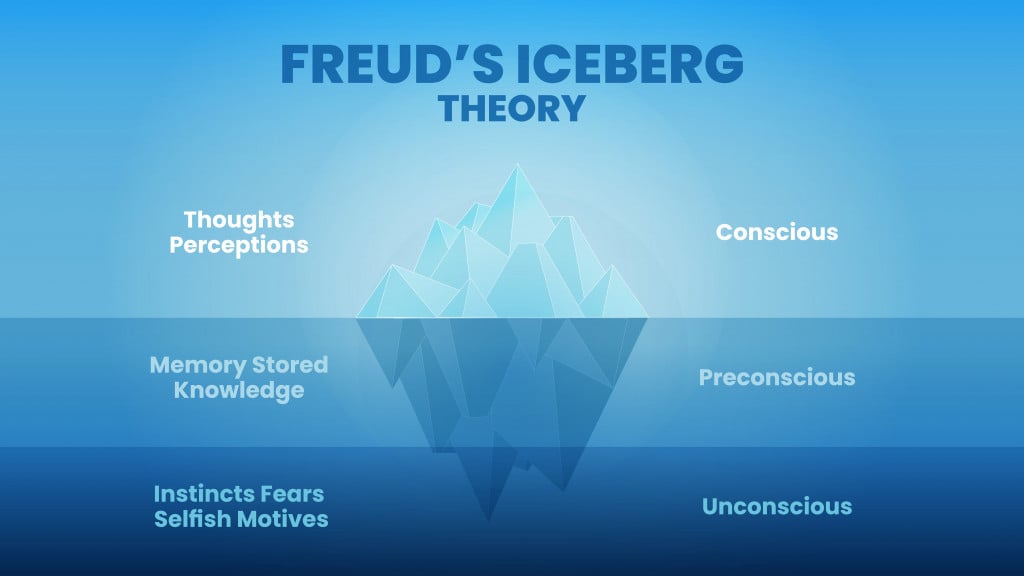
Thus, when differentiating between ‘conscience’ and ‘conscious’, remember that to be conscious means to be awake and aware, whereas conscience is your inner understanding of right from wrong.
When Does Our Conscience Emerge?
Researchers who studied early morality propose that the moral self usually develops by the age of 3. By this age, a child begins to explore the ideas of right and wrong, and the feelings that come along with doing the right thing. They also experience guilt when they feel that they’ve done something wrong.
Martin Hoffman (1983), a renowned child psychologist and researcher in the field of parenting and discipline, suggests that morality or conscience develops when a child internalizes (makes personal) the rules that their parents set when the child was growing up. These rules teach the child about the world, what’s acceptable, and how one relates to it. These rules serve as the building blocks for the child’s conscience from as early as age 1.
Now, going back to Freud’s theory of psychoanalysis. Freud argues that conscience is a part of the ‘superego’. The superego develops around the ages of 3 to 5 in children and is the last part of the child’s personality to develop.
The ‘id’, which has its focus only on obtaining pleasure, is present from birth. The id wants to maximize pleasure and reduce pain. It includes all the urges and desires you may want, even though you know they may not be valid or justified!
Then, your ‘ego’ develops. This acts on the ‘reality principle’, helping you manage the demands of the id and maintain equilibrium in your behavior so you don’t end up acting selfishly in society.
Your ‘superego’ contains all the information you have received from your parents and from society about how to act and behave. The superego acts on the ‘moral principle.’ This is basically your conscience, which emerges over time to help you navigate the correct way to behave in society.
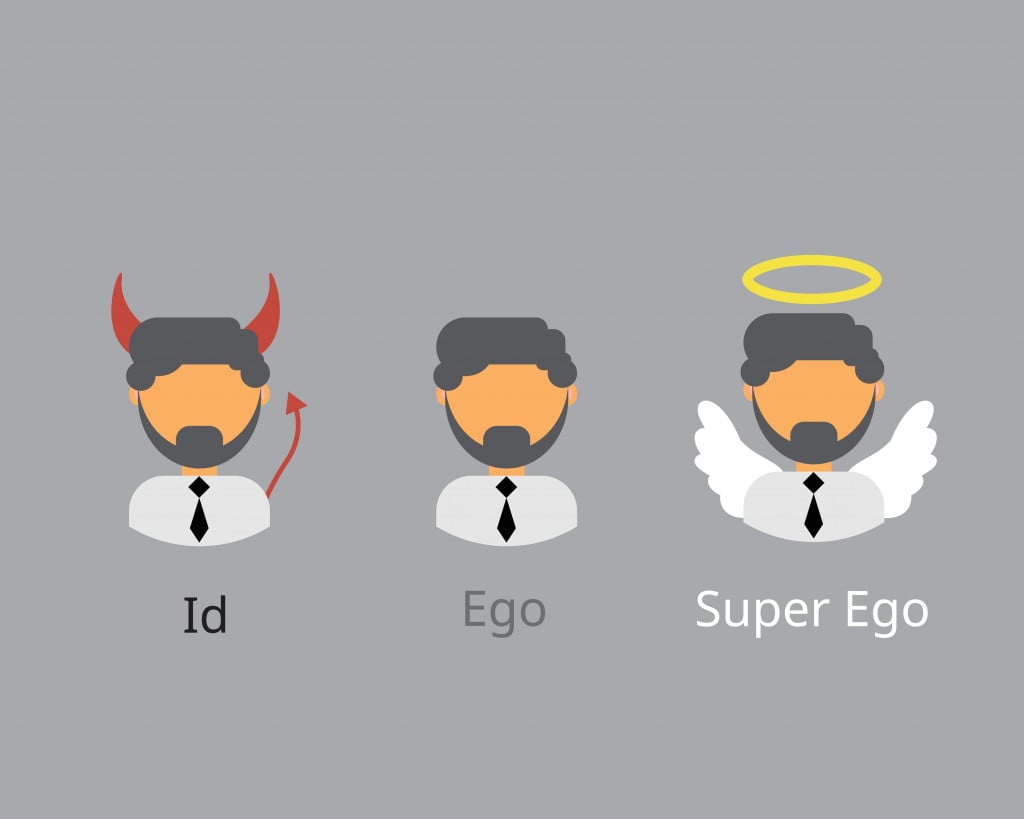
It is important to note that the id and the superego operate on the unconscious level. These are your intuitions or ‘gut feelings’, whereas the ego operates on the conscious level and mediates (balances) between the id and the superego.
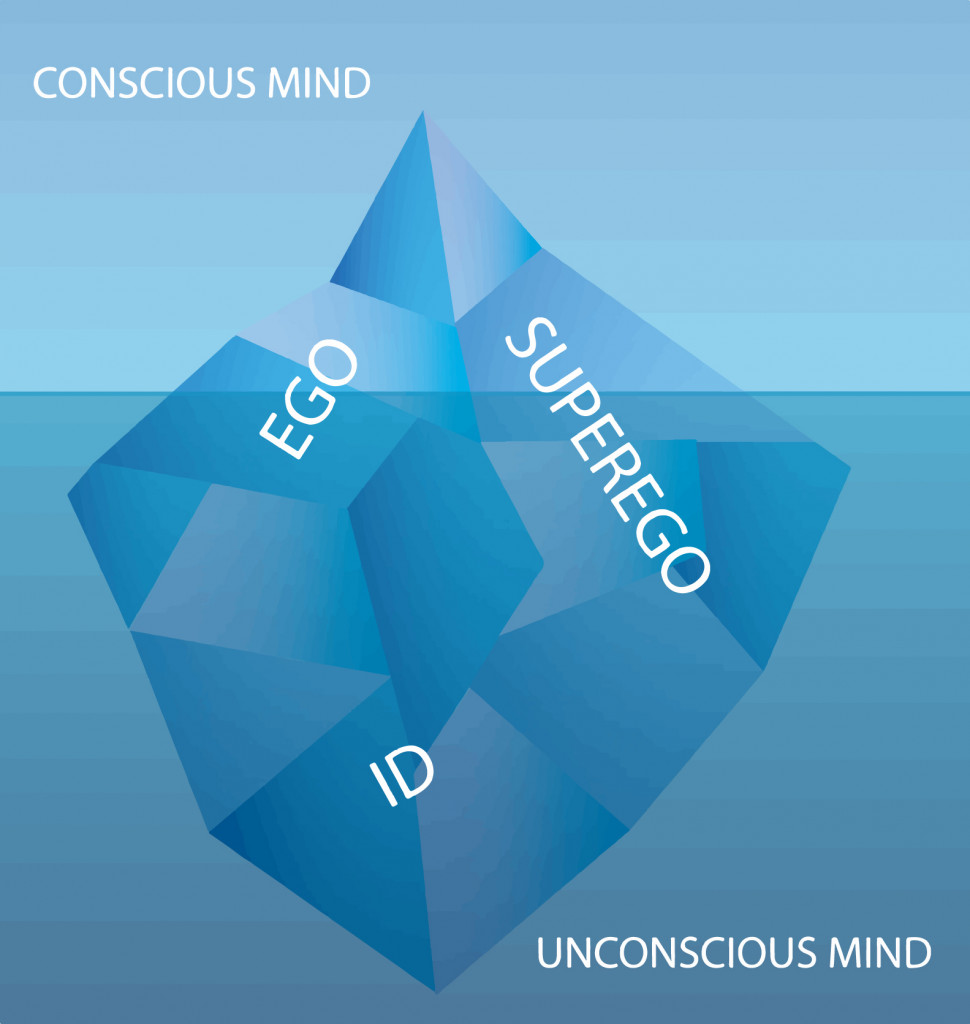
However, these theorists and researchers suggest that conscience is essentially learned through parental and cultural factors.
There are some psychologists, like Paul Bloom, who argue that morality is something we are all born with. Paul Bloom (2012) is a Canadian-American psychologist who studies how children understand the world, while focusing on issues of morality, religion, and art.
He argues that all babies are born with compassion and empathy. They all have a sense of fairness. These claims come from genetic studies of adopted children, who were twins and separated at birth. They have found that if the twins possessed the ‘gene’ or ‘hereditary material’ to be kind, they would continue to be empathetic, despite being brought up in different family environments.
Conclusion
So, which perspective is true? As of now, we truly don’t know. While there is more evidence in the studies claiming that conscience is developed through learning and socialization, the newer perspectives of it being genetically acquired from birth look promising as well!
References (click to expand)
- Bloom, P. (2012, January 10). Religion, Morality, Evolution. Annual Review of Psychology. Annual Reviews.
- EMDE, R. (1991, September). The moral self of infancy: Affective core and procedural knowledge. Developmental Review. Elsevier BV.
- Emde, R. N., & Easterbrooks, M. A. (1985). Assessing Emotional Availability in Early Development. Early Identification of Children at Risk. Springer US.
- Rieff P. (1979). Freud: The Mind of the Moralist. University of Chicago Press
- Hoffman, M. L. (1994, January). Discipline and internalization. Developmental Psychology. American Psychological Association (APA).


